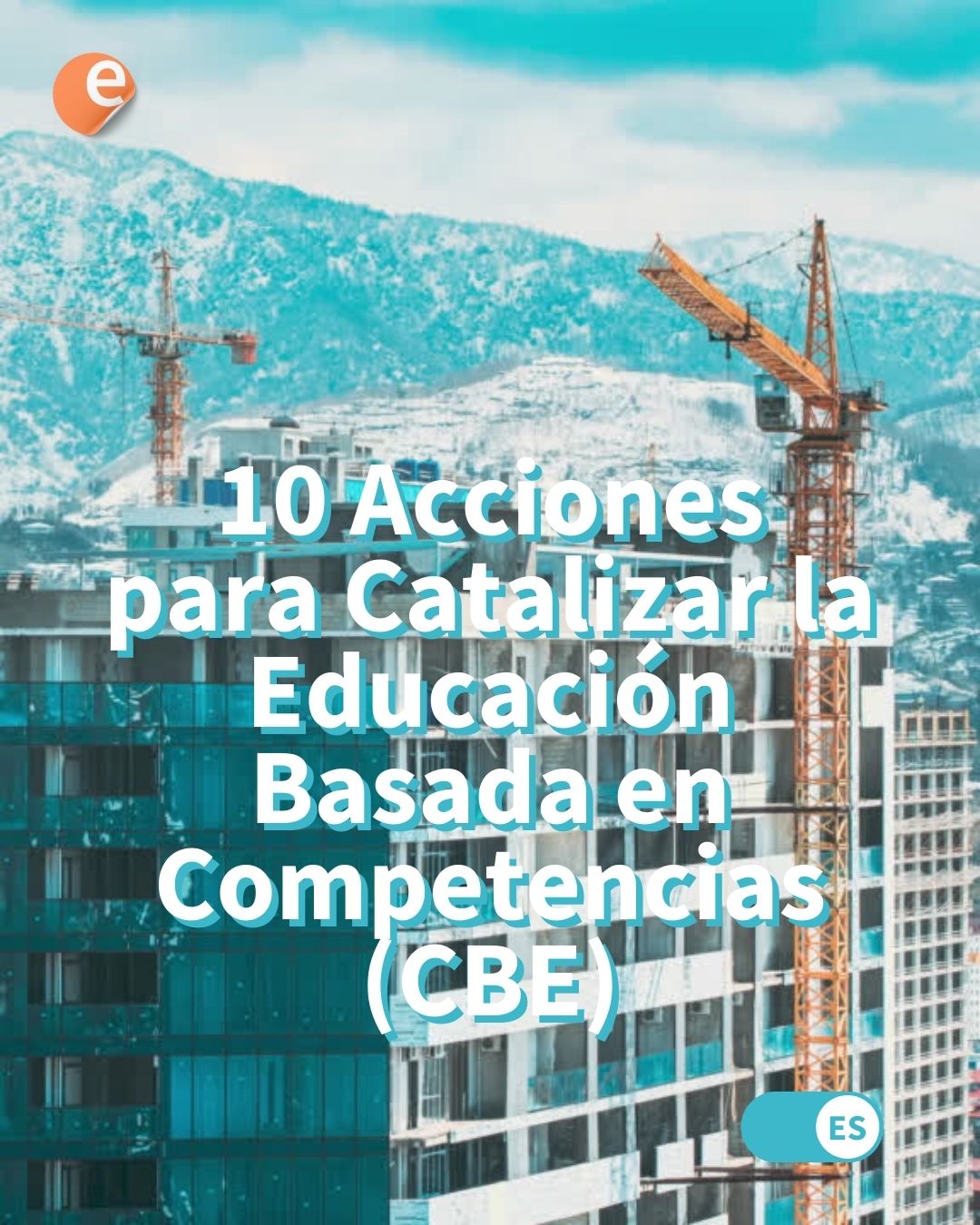By the Edwiser team
Recommendation engines for Moodle, or recommender systems, are an excellent way to keep users engaged. By suggesting similar courses based on areas of interest or courses they have enrolled in the past, they make sure students always have a reason to stay on the site. Think of the “Products You Might Like” section on Amazon and the number of times you have succumbed to the temptation of getting something else! That is the power of recommendations.
Recommendation engines are used extensively today, from e-stores and job portals to media streaming websites like Netflix, and they can be valuable in e-learning as well. Here, we shall see why it is necessary to have a robust recommendation engine for Moodle, and the many marketing opportunities they can open up for you.
What is a recommendation engine and how does it work?
A recommendation engine is software that crunches through a ton of data to identify and categorize the results that best match the query of your visitor. The recommendation engine uses various algorithms to come up with the most relevant suggestions based on the user’s browsing history.
In Moodle, a recommendation engine takes the characteristics of one course and compares them to the interests of the students who have enrolled in existing courses to estimate a likelihood of their interest in it. Then, the engine displays courses in the recommendation section (Think “Courses you might like”) it sorts them according to the estimated likelihood of interest.
The algorithms behind recommendation engines are based on sound mathematical concepts of vectors, probability, permutations, and combinations. Moodle plugins can provide this computational ability, ready to use without technical expertise. A great example is the Recommender block.
Using a Recommendation Engine in Moodle
One of the simplest ways of using a recommendation engine for Moodle is by simply selecting the courses to be displayed to students once they enroll into a particular course.
For instance, suppose a teacher selects “Basics of Physics” as the principal course. They can then link all the other related courses which a student enrolled on it might be interested in, such as “Advanced Physics,” “Basics of Mathematics,” or “Applied Physics and Introduction to Engineering.”
At first, the teacher can decide the priority of each of the suggested courses and ensure that they are displayed in a way the students find interesting. Teachers or administrators have the flexibility to show only those courses which they want the user to access. For example, courses known to have a high rate of conversion or satisfaction.
In time, recommendation engines can build student loyalty on a Moodle site, turning recurring students into lifelong learners who are also fond of your unique teaching approach.
Advantages of a Recommendation Engine for Moodle
There are several advantages of using a recommendation engine for Moodle. Some of these include:
Increased Knowledge Base of the Student. Students usually have a ready list of courses they think they are worth enrolling in. This could lead to biased or inconsistent ideas about the breadth of their knowledge and even the expected quality of the learning experiences. Consider the case of a student who is taking a course in PHP and is interested in taking a Node.js and other programming courses afterwards. She might not realize there could be far more interesting courses beyond syntax skills. The recommendation engine could point her toward more interesting challenges: Neural Networks, Algorithm Optimization, Parallel Computing, and so on.
Increased Course Upselling for Teachers. Recommendation engines give instructors an opportunity to upsell their courses to the students who have enrolled with them in the past. In addition, they can bring the not-so-popular courses to the forefront through recommendations along with other popular courses, thereby increasing the chances of registration for the lesser-known courses as well. Since each new enrollment by a student increases the trust factor towards the instructor, the probability of course enrollment keeps growing.
Opportunities for Repeat Purchases. This is an obvious one. If the recommendations are in line with the interests of the students who are viewing them, the chances of getting repeat purchases from the same client increase. This helps create a consistent customer who will keep returning to your website for his/her studies. It is important to note that course quality plays an vital role in retaining your students as well, and a recommendation engine could do more harm than good if it routinely suggests low-quality offerings. But on the flip side, as users become comfortable with a particular standard of work, they are prone to give related courses a chance.
Growth in Revenue. The sweetest advantage of a recommendation engine from the point of view of the entrepreneur is the net growth in revenue. Loyal students equals a consistent increase in income, as they start becoming more inclined to enroll in additional courses, even those priced at a premium. The general trend is to offer a free trial, for a course or a sample of lessons from the whole offering, then nudge the student towards premium content in courses deemed relevant for them.
Taking Recommendation Engines to the Next Level
As your Moodle site grows, there is only so much time you can allot to analyze and set recommendations for your courses. Add to that the number of guest authors and co-instructors you might have and it becomes really difficult to keep track of your recommendation system for Moodle.
In such a scenario, there are a few ways in which you can tweak your recommendation engine to ensure that students keep having the best, personalized experience on the site, and you don’t lose out on clients.
Category-based Recommendations. Customizing your recommendation engine to category-based recommendations can be useful in identifying the exact courses in which your students are most likely to enroll. For instance, you can configure your system to have dedicated course categories. Now, when a student enrolls into a course from a particular category, he will automatically see all the other courses from the same category. Since these courses have a common foundation, the probability of recommendation conversion will increase.
Creative Membership Tiers. As the students start enrolling into more courses on the website, you can start giving them rewards for their loyalty. For instance, you can add those who have been consistently studying and performing well in the courses to a membership tier and give them additional offers like course discounts or exclusive content.
Laser-focus on Course Relevance. The recommendation engine can be setup to have an algorithm that gauges the number of courses a student has enrolled in and tracks their progress through these courses to then recommend those that will enhance his skill set. The system will have a dedicated focus on bringing out the best in the user by suggesting only those topics which will be relevant to his level of understanding and intelligence.
Endnote
Having developed a similar solution for our clients, we can attest to the fact that a recommendation engine for Moodle is one of the best ways to increase and retain student interest as well as create consistent sources of revenue from the website. A strong and intuitive recommendation system is an asset to any online teacher and can help build a community of lifelong learners.
What do you think of the importance of having a recommendation engine for Moodle? Drop a comment to let us know!
This article was written by the Edwiser Team, makers of the popular Moodle theme Edwiser RemUI, and Edwiser Bridge, an e-commerce module in WordPress to sell Moodle courses.








2 Responses